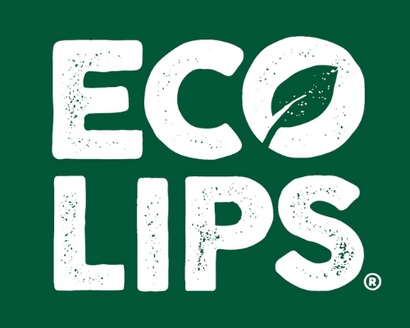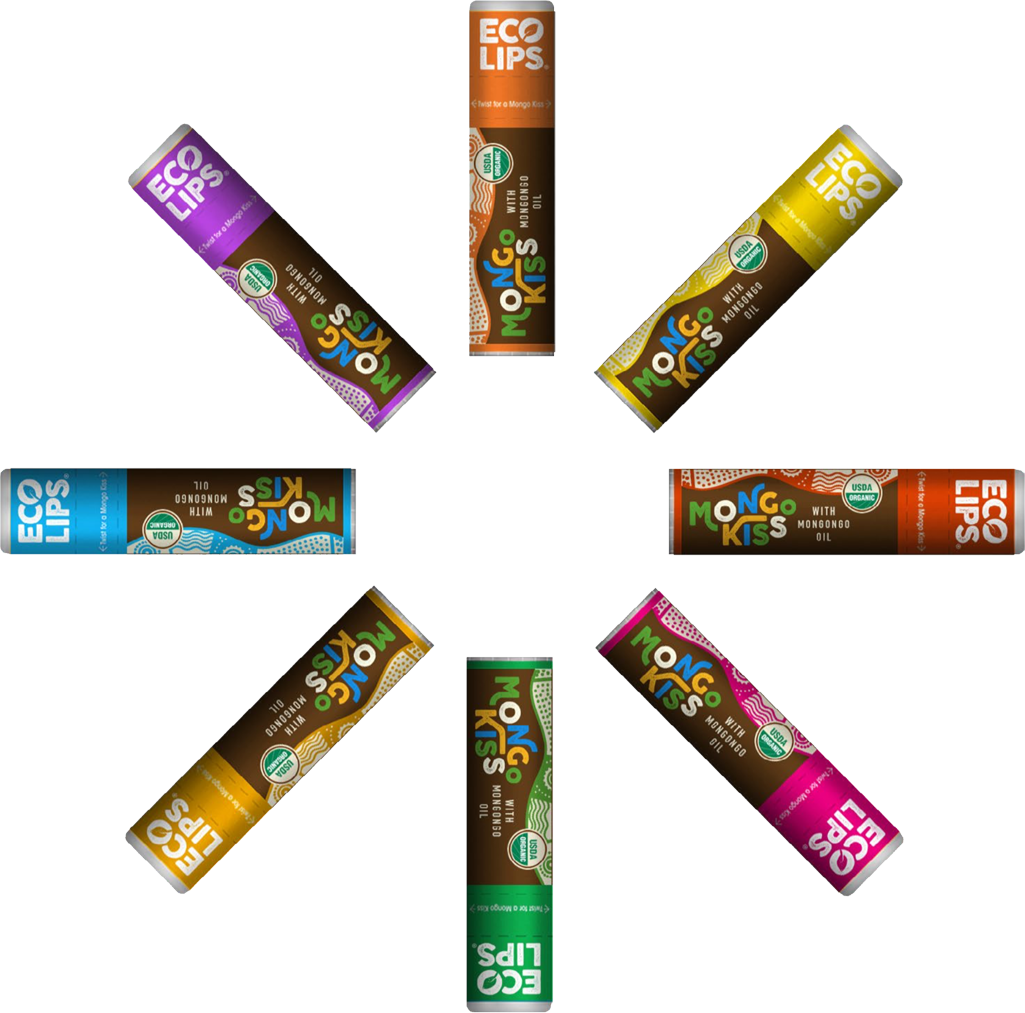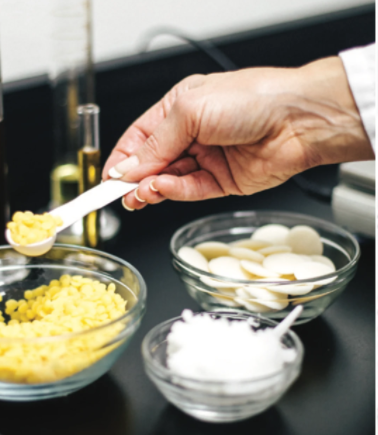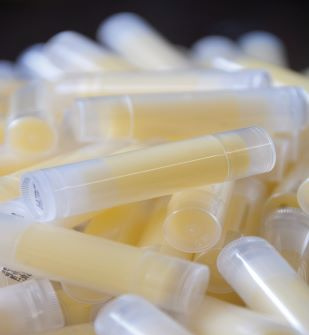Your Cart is Empty
How We Spread the Good®
Eco Lips does business the right way. We work tirelessly to limit our product's impact on the planet and purchase ingredients that are fairly traded and certified organic whenever possible.
Here is how we Spread The Good
Fair Trade Certified™ Ingredients
We purchase three Fair Trade Certified™ raw ingredients used in our products. The Fair Trade Certified™ seal represents thousands of products, improving millions of lives, protecting land and waterways in 45 countries and counting. Purchases have sent $740 million to farmers and workers since 1998.

Organic, Fair Trade Certified™ Sugar
Source: Wholesome Sweeteners, Cooperative in Paraguay, South America
Pounds we purchase annually: 18,715 lb.
Average farm size: 5-12 acres
Fair Trade price premiums used for:
- Sustainable Farming & Crop Diversification - training for local farmers to convert to organic cultivation
- Equipment & Community and Farm Infrastructure - purchase tractors, which are community owned, to increase farmers’ efficiency, and allow them to harvest and sell more cane
- Micro-Credit- interest-free loans used to purchase trucks so farmers can transport their cane harvest more easily and faster to the Mill

Organic, Fair Trade Certified™ Coconut Oil
Source: Peter Paul SOFACOFA Bondoc Peninsula: Philippines
Kilograms we purchase annually: 1,330
# of Farmer Members 1,000
Fair Trade price premiums used for:
- Inter-Cropping: To grow their livelihoods and strengthen their farms, and scholarships and school feeding programs to support the community’s students.
- Renewing Trees: To ensure a sustainable supply.

Organic, Fair Trade Certified™ Cocoa Butter
Source: Fortaleza del Valle Co-op: Manabi, Ecuador
Kilograms we purchase annually: 3,496
Fair Trade price premiums used for:
- Profit:The ability to sell cacao at fair and stable prices without the need for pesticides or fungicides
- Cost of Living: enables full-time cocoa farmers to earn a living income as part of a holistic strategy that also includes increased productivity and diversified crops
- Necessities: Food, housing, clothing, heath care, education and a provision for emergencies
Other Unique Ingredients

Certified Organic Baobab Oil
- Sourced from Zimbabwe, Africa, baobab is known as the ‘tree of life’ as it traditionally has provided food, shelter and textiles to the locals for thousands of years.
- The fruit is harvested by hand – knocked off the tree when it is dried. The shells are cracked open exposing the white fruit pulp which contains the seeds. The oil is then pressed from the seeds.
- Baobab oil has a beautiful balance of Palmitic, oleic and linoleic fatty acids that make it a great skin care oil. It absorbs quickly into the skin and is non-greasy.

Mongongo Nut Oil
Where does Mongongo Oil come from?
- It is sourced from rural villages in Africa. Eco Lips was the first company to launch mongongo oil into the US market.
- The Mongongo or Manketti Tree is a member of the Euphorbia family. A large, spreading tree, it reaches 15-20 meters tall and is found on wooded hills and amongst sand dunes, particularly on Kalahari sand soils.
How is Mongongo Oil harvested and processed?
- The egg-shaped, red-brown fruit ripens and falls between March and May and contains a thin layer of edible flesh around a stone hard shell. Inside this shell is a tasty and highly nutritious seed or nut similar to an almond that, when pressed, yields the bright yellow Mongongo Oil. In some years, the fruit is so abundant that they lay knee deep on the ground.
- The Mongongo nuts are wild harvested by groups of rural women. The women work together thus enabling them to monitor the quality of the nuts with their peers.
- The women extract the kernels manually. The kernels are then sold for pressing, filtering, and packaging.
Why Mongongo Oil?
- A social worker noticed the opportunity to help a group of women create an income by starting a business and learning how to efficiently harvest, process and perform quality assurance. The goal was to help them create more self-worth while increasing their net worth.
- The income from the Mongongo nut harvesting makes a difference in the lives of the entire village providing income where there was little before.




